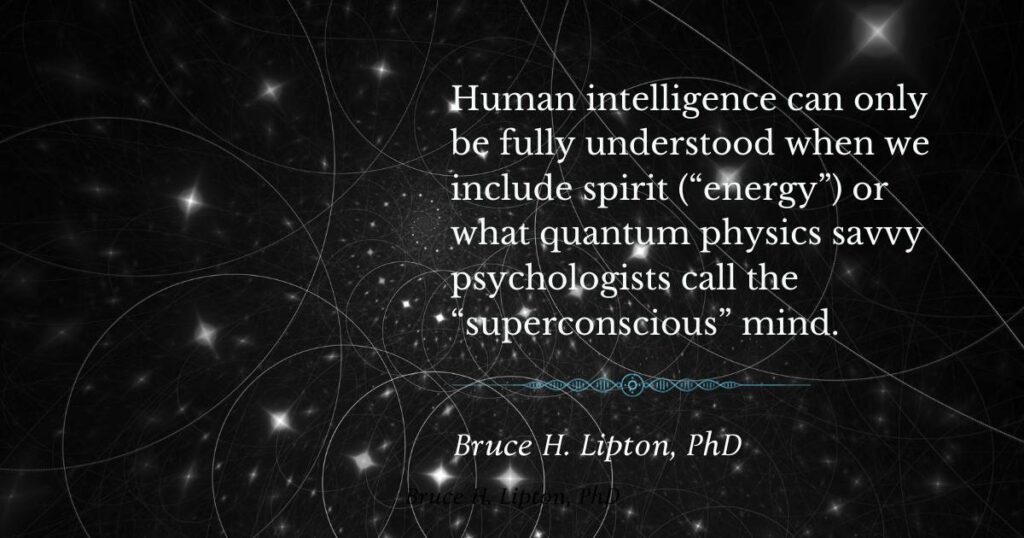
British neurologist Dr. John Lorber highlighted in a 1980 article in Science called into questions the notion that the size of the brain is the most important consideration for human intelligence (Lewin 1980). Lorber studied many cases of hydrocephalus (“water on the brain”) and concluded that even when most of the brain’s cerebral cortex (the brain’s outer layer) is missing, patients can live normal lives. Science writer Roger Lewin quotes Lorber in his article:
“There’s a young student at this university [Sheffield University] who has an IQ of 126, has gained a first-class honors degree in mathematics, and is socially completely normal. And yet the boy has virtually no brain…When we did a brain scan on him, we saw that instead of the normal 4.5 centimeter thickness of brain tissue between the ventricles and the cortical surface, there was just a thin layer of mantle measuring a millimeters or so. His cranium is filled mainly with cerebrospinal fluid.”
Lorber’s provocative findings suggest that we need to reconsider our long-held beliefs about how the brain works and the physical foundation of human intelligence. I submit in the epilogue of The Biology of Belief that human intelligence can only be fully understood when we include spirit (“energy”) or what quantum physics savvy psychologists call the “superconscious” mind.
References
1. The Biology of Belief
2. Lewin, R. (1980). “Is Your Brain Really Necessary?” Science 210: 1232-1234.